Wot I Think: Tyranny
John Walker on December 1st, 2016 at 9:00 pm.
It’s been a long time coming, but finally here’s my final review of
Tyranny [
official site], having completed the very lengthy game. You can read my thoughts
at about the mid-point here, and I’d say I’ve changed my mind about very little, other than to have a greater respect for where the story was heading. Here’s wot I think:
The balance of combat to story in any RPG is, I would contend, what decides on its sub-categorisation. Mostly combat and it’s a tactical RPG, mostly story and it’s a “traditional RPG”. Intricate battles and it’s a strategic RPG, direct control and it’s an action RPG. And so on. Based on this combat logic, Tyranny is a Really Annoying RPG. Which is a shame, as what’s buried beneath its mad pile of tedious fighting is a neat if shallow game.
There’s no doubt left in my mind that Tyranny is a game that had no idea what it was going to be during its development.
Preview events told us of a short few hours, intended to be replayed again and again, to explore all the possible pathways, most especially driven by the binary choices made in the game’s opening Conquest. The pace at which it tries to do everything traditional RPGs do – like give you a broad party from which to chose present companions, a gaggle of sidequests, options to be good, evil or something in between, a unique spell system, skill trees and levelling – implies that it’s in a tremendous hurry, before then stretching out to easily 50 hours if you play meticulously.
Much was made before release of a countdown timer that required you to complete major plot tasks within a certain span, but this proves wildly unchallenging (I had
six of eight days left on the clock, despite doing every side-quest, and making no efforts to conserve my travelling), and astonishingly is then abandoned for the rest of the game. And of course it’s a game about being a baddie, and while it allows you to do that, it seems incomprehensibly desperate to ensure you can be lovely too. Tyranny, what
wereyou meant to be?
What it has turned out to be is a very strangely paced, although actually rather decent game, incessantly interrupted by dreary combat. The sense of rush at the start makes the languid middle feel deeply peculiar, as you realise this story is ever-further stretching out before you like a dolly zoom. And while I began to really dig its ridiculously lore-ridden story, I grew so fed up of the fight after fight after fight after fight after fight that I switched it down to Easy and just let them play themselves out.
Which is a shame, clearly, as they put together a decent combat system here. A strange mix of real-time (you pause it at will to issue orders), but turn based (your characters and theirs then take turns to carry out those orders, presumably ordered by invisible dice rolls), it embellishes the usual icon clicking with the lovely idea of combo moves between paired characters, and spells that you can craft yourself from an ever-growing collection of glyphs. And I found myself thinking of Dragon Age, of those wonderful fights where I sank myself into the combat system, performed the battles like a conductor of an orchestra, issuing attacks and heals and spells and tactics to glorious effect… Right up until I realised that I really wasn’t. Because for the most part, the game could happily play itself. I could switch all that automation off in the intricate options, of course, and were fights occasional and spectacular, I would have. But they’re not – they’re every three footsteps, and they’re the same
every single time.
My ability to care about the combat dissipated incredibly early on, and no amount of new abilities that arrived with the frantically fast levelling (again making the pacing feel utterly bizarre) could draw me back in. I first switched the game down to Easy to try to speed up my progress when attempting to review a couple of weeks back. I then kept it on Easy simply because my team were now powerful enough to win every fight using the AI alone that way, and it meant I would keep going rather than throw myself headfirst out of the window. At one point my wife walked in and looked at my hands off the mouse/keyboard, looked at the frantic action on the monitor, and said, “Shouldn’t you be doing something?” I sighed, then grumbled.
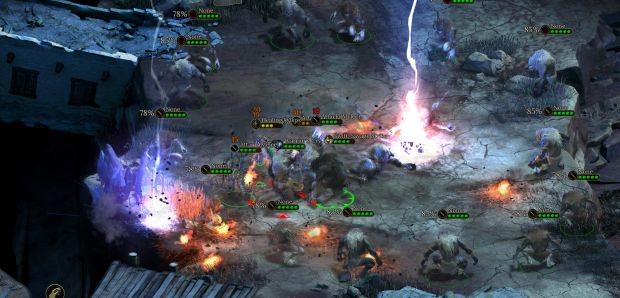
Crucially, however, Obsidian really have delivered on offering a game that lets you be really bad. I murdered a baby. I chose to align with no one, in a game that was heavily emphasising the story advantages of picking a side, and it adapted to this choice wonderfully, providing me a whole other path of evil instead (clearly by neatly adapting the same paths you’d get anyway, but that’s not what matters). And it persistently let me do this – it never said, “Okay, enough’s enough, you do really have to align eventually.” Choosing a side never felt right for the character I was playing, and it never forced me to. I assume just as I was able to betray minor alliances I formed at the first opportunity, the game would also have let me wander away from major allegiances too. No backs went unstabbed, and that deserves huge applause.
This does feel a little too frequently contradicted by the appearance of increasingly daft options that allow you to be lovely to someone no matter what your character might be, but it’s no sillier than in almost every other RPG where your super-friendly character always has the chance to suddenly descend into crazed screaming hatred. And I like where this story let me go. I’m a touch thrown by those claiming it ends on a cliffhanger – everything the story had been about was resolved for me, with a larger threat from a larger force still present for a potential sequel. But the arc of my character was completed, if rather thinly. Companion arcs are much poorer, with only a couple even offering you specific side-quests, and then these going nowhere. And again this is emblematic of the game’s deeply weird muddle of size and shallowness. As I said last time, this game is a puddle the size of an ocean.
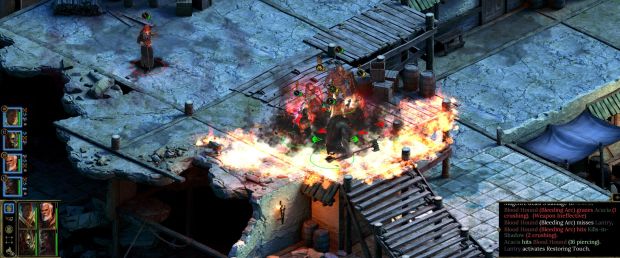
What to do with you, Tyranny, you strange thing. All the way through, even when I’d just blanked out the dull, dull combat, I couldn’t shake that peculiar sense of unease, of a game that doesn’t quite fit together, a game that somehow feels too long and far too rushed at the same time. It attempts large-scale puzzles, but makes them as simple as choosing between one of three colours a few times. It has created a mythos and wealth of lore to rival the largest RPG series out there, but bombards you with it so unrelentingly that it feels sprayed on, not experienced but read about – you drown in an inch of it.
And yet I enjoyed its tale, enjoyed the process of occupying the Spires (even if the advantages they offered proved to be utterly superfluous, the game raining down top-level equipment on you faster than you can sell it.) If it didn’t look so similar to the completely splendid (if also marred by dull combat) Pillars Of Eternity, if those expectations weren’t weighing on it, perhaps there’d be even more leniency. But as it is, this is a decent enough RPG that feels like its wearing clothes that don’t quite fit.





























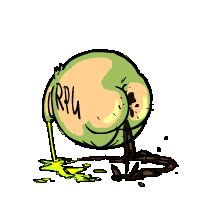



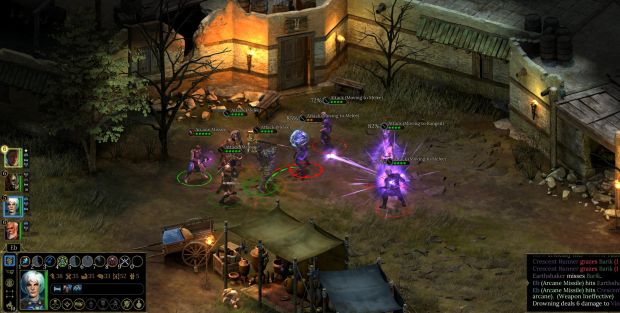
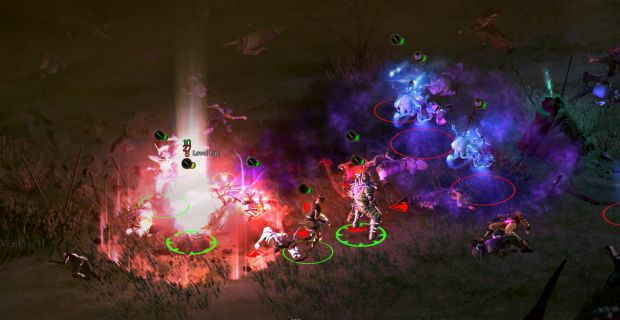
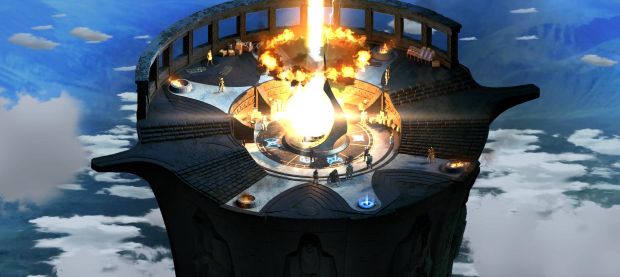



![The Year of Incline [2014] Codex 2014](/forums/smiles/campaign_tags/campaign_incline2014.png)


